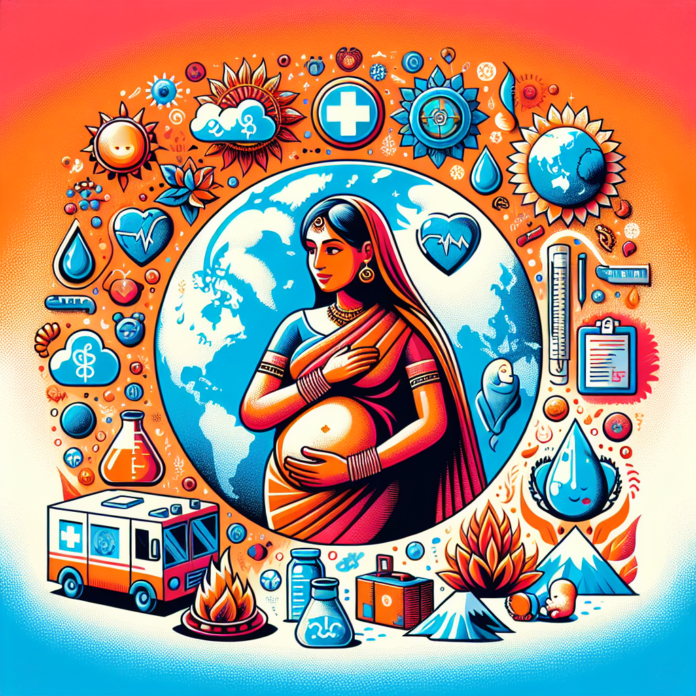World Health Day 2025 Focuses on Climate Change and Its Impact on Maternal and Newborn Health
World Health Day 2025: Understanding the Impact of Climate Change on Maternal and Newborn Health
As we approach World Health Day 2025, it is crucial to shine a light on the profound effects of climate change on maternal and newborn health. Climate change is not just an environmental issue; it poses significant risks to health systems and can exacerbate existing health disparities, particularly for vulnerable populations, including pregnant women and newborns.
The Link Between Climate Change and Health
Rising temperatures, extreme weather events, and shifting rainfall patterns can directly and indirectly affect the health of mothers and their infants. For instance, increased heat exposure can lead to complications during pregnancy, including heat stress and dehydration, which may adversely affect fetal development. Furthermore, extreme weather events such as floods and hurricanes can disrupt healthcare services, leading to inadequate prenatal care and increased risk of complications.
Infectious Diseases and Nutrition
Climate change also influences the spread of infectious diseases that can impact pregnant women and newborns. Changes in climate can expand the habitats of disease-carrying vectors like mosquitoes, increasing the risk of diseases such as Zika virus and malaria. Additionally, climate change can threaten food security, leading to malnutrition among pregnant women and infants. Malnutrition during pregnancy can result in low birth weight and developmental issues.
Mental Health Implications
The mental health of mothers is another area of concern. The stress associated with climate-related disasters, such as displacement due to floods or droughts, can lead to anxiety and depression in pregnant women. Maternal mental health is crucial for the well-being of both the mother and the newborn, as it can affect maternal-infant bonding and overall child development.
Addressing the Challenges
To mitigate the impacts of climate change on maternal and newborn health, it is essential to adopt a multi-faceted approach. This includes strengthening healthcare systems to withstand climate-related shocks, improving access to prenatal and postnatal care, and ensuring that healthcare providers are trained to recognize and address the unique challenges posed by climate change.
Public health initiatives should also focus on climate resilience, promoting sustainable practices, and fostering community awareness regarding the intersection of climate change and health. This can include educating communities about the importance of nutrition, safe childbirth practices, and the availability of healthcare resources.
Global Collaboration and Policy Change
International collaboration is vital in addressing the health impacts of climate change. Policymakers must prioritize climate adaptation strategies that specifically address maternal and newborn health. Investment in research and data collection is crucial to better understand the long-term effects of climate change on health and to develop effective interventions.
As we commemorate World Health Day 2025, let us take this opportunity to advocate for a healthier, more sustainable future for mothers and newborns around the globe. By addressing the challenges posed by climate change, we can protect the most vulnerable members of society and ensure a brighter future for generations to come.


